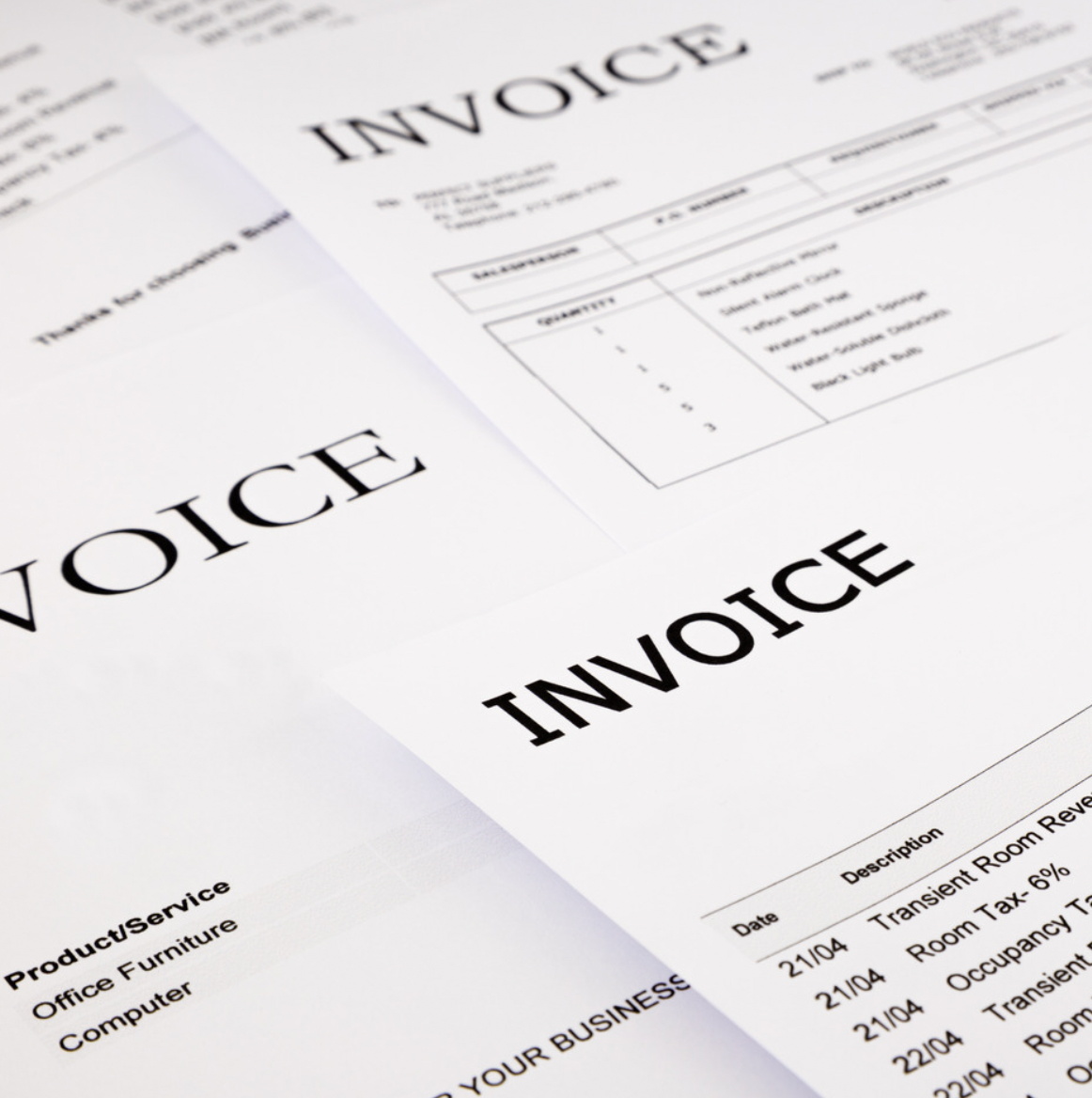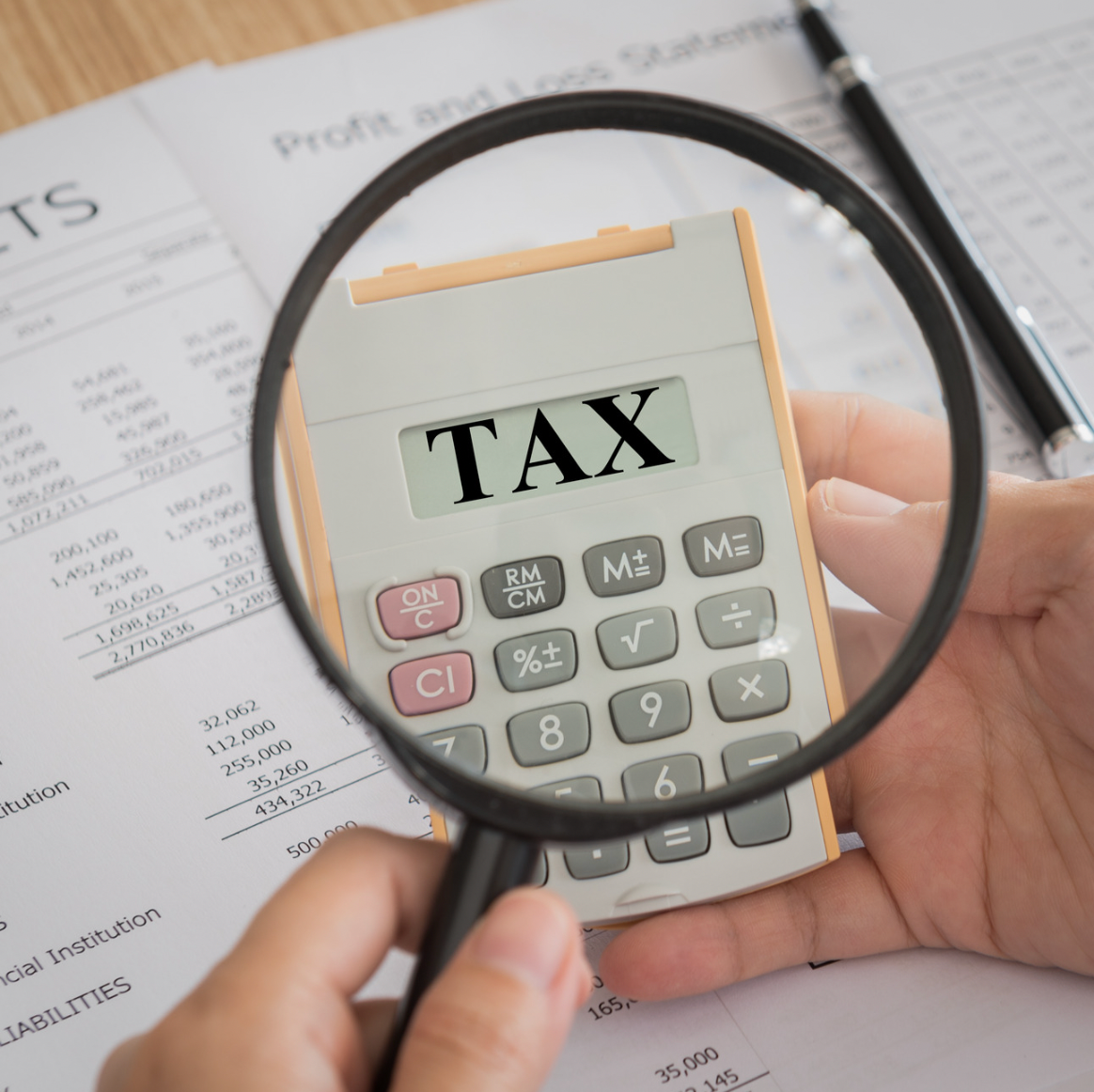In today's rapidly evolving job market, more and more professionals choose self-employment as a viable career option. Being your own boss offers a sense of freedom and flexibility, but it also comes with the responsibility of managing your finances effectively. Accounting for self-employed professionals is a crucial aspect of ensuring financial success.
This comprehensive guide will explore key strategies and practices that can help self-employed individuals navigate the accounting world and lay the foundation for long-term financial stability.

Separate Business and Personal Finances
One of the most critical steps for self-employed professionals is establishing clear boundaries between personal and business finances. Mixing up personal income and business expenses can lead to confusion, inefficiencies, and potential legal complications. Opening a separate business bank account is essential for tracking income and expenses accurately. This segregation simplifies accounting processes, streamlines tax preparation, and provides a clear overview of your business's financial health.
By separating your finances into separate bank accounts, you can easily monitor cash flow, identify business-related expenses, and calculate your net income. It also simplifies the process of identifying tax-deductible expenses, as you won't have to sift through personal transactions. Additionally, having a separate business account lends credibility to your professional image and facilitates financial reporting if you ever need to secure funding or apply for business loans.

Track Income and Expenses Consistently
Maintaining meticulous and accurate records of income and expenses is vital for any self-employed professional. Regularly track and categorise all financial transactions, including client revenue, business-related expenses, and tax-deductible items. Accurate record-keeping ensures compliance with tax regulations and empowers you to make informed business decisions.
Consider leveraging accounting software or apps to simplify this process. These tools can automate the tracking and categorisation of transactions, generate financial reports, and provide real-time insights into your business's financial performance. Some popular accounting software options include QuickBooks, Xero, and FreshBooks. Choose a platform for online accounting software that aligns with your specific needs and offers features such as invoicing, expense tracking, and tax preparation.
Consistent tracking of income and expenses allows you to monitor profitability, identify trends, and plan for future growth. It also enables you to claim appropriate deductions, reducing your overall tax liability. Be diligent about organising receipts, invoices, and any supporting documents for your financial transactions. Maintaining an organised system will save you time and effort during tax season and potential audits.

Understand Tax Obligations
As a self-employed professional, you are responsible for managing your tax obligations. Familiarise yourself with the tax laws specific to your country or region. This knowledge will help you navigate the complexities of self-employment taxes and avoid costly mistakes. Key areas to focus on include income tax, self-employment tax, and any additional local or industry-specific taxes.
First, understand the deadlines for filing tax returns and making estimated tax payments. Failure to complete a tax return or meet these deadlines can result in penalties and interest charges. It's essential to stay organised throughout the year, tracking your income and estimated tax payments to ensure you are meeting your obligations.
Second, educate yourself about the potential deductions or credits available to self-employed professionals. Deductions such as home office expenses, business-related travel, marketing costs, and health insurance premiums can significantly reduce your taxable income. However, ensure that you accurately document and substantiate these deductions according to the tax regulations in your jurisdiction.
While it's beneficial to educate yourself about tax regulations, seeking the guidance of a tax professional can be invaluable. An accountant or tax advisor specialising in working with self-employed professionals can provide tailored advice, help you optimise your tax strategy, and ensure compliance with tax laws. They can also help you identify tax-saving opportunities and assist with tax planning for long-term financial success.

Set Aside Funds for Taxes
One common pitfall among self-employed professionals is failing to allocate funds for taxes throughout the tax year. Unlike traditional employees, self-employed individuals must pay their own taxes, including income tax and self-employment tax. Without proper planning, tax payments can become a significant burden or lead to financial hardship.
To avoid surprises at tax time, create a system where you consistently set aside a portion of your income to cover these obligations. This practice, known as tax withholding, involves estimating your tax liability and regularly transferring funds into a separate tax savings account. By setting aside funds throughout the year, you can alleviate the financial strain of a lump sum tax payment and ensure that you have sufficient funds when tax payments are due.
Consult with a tax professional or use online tax calculators to estimate your tax liability accurately. The calculations should consider your income, deductions, and applicable tax rates. It's better to overestimate your tax liability and have surplus funds than to underestimate your assessment tax return and be caught off guard.In addition to income tax, self-employment tax must also be accounted for.
Self-employment tax covers your contributions to Social Security and Medicare. As a self-employed professional, you are responsible for both the employer and employee portions of these taxes. Ensure that you factor in self-employment tax when estimating your overall tax liability and setting aside funds.

Plan For Retirement
While self-employment offers flexibility, it also means you don't have an employer-sponsored retirement plan. It's crucial to take the initiative and plan for your future. Establishing a retirement savings account, such as an Individual Retirement Account (IRA) or a Simplified Employee Pension (SEP) IRA, can provide a valuable vehicle for long-term savings.
Contributing to a retirement account helps secure your financial future and provides potential tax advantages. Depending on your jurisdiction, contributions to retirement accounts may be tax-deductible, allowing you to reduce your current taxable income. Additionally, funds growth within these accounts is tax-deferred until you start withdrawing during retirement.
Make consistent contributions to your retirement account, treating it as a regular business expense. Set up automatic contributions if possible, ensuring that a portion of your income is directed towards retirement savings before you have a chance to spend it elsewhere. The earlier you start saving money for retirement, the more time your funds have to grow through compound interest.

Seek Professional Accounting Assistance
As your business grows, it may become overwhelming to manage accounting tasks single-handedly. Engaging the services of a professional accountant who specialises in working with self-employed professionals can be immensely beneficial. An accountant can guide tax planning, ensure regulation compliance, and offer valuable insights for improving financial efficiency.
When choosing an accountant, look for someone with experience in serving self-employed professionals or small businesses. Seek referrals from trusted colleagues or industry associations. Evaluate their expertise, certifications, and reviews to ensure they have the necessary qualifications to handle your specific accounting needs.An accountant can help you optimise your financial processes, streamline bookkeeping, and identify cost-saving or revenue growth areas. They can also assist with financial forecasting, budgeting, and creating customised reports to provide a clear snapshot of your or small business's financial health.
Working with an accountant saves you time and stress and provides peace of mind. Knowing that your financial records are in capable hands allows you to focus on your core business activities while the accountant ensures that your business records and accounting practices are accurate, compliant, and aligned with your long-term financial goals.

Begin Your Journey To Financial Success Today!
Accounting for self-employed professionals is not just a necessary administrative task; it is a fundamental aspect of ensuring financial success. By implementing the strategies outlined in this comprehensive guide, self-employed individuals can take control of their finances, make informed decisions, and build a solid foundation for long-term stability.Remember, staying organised, understanding your tax obligations, setting aside funds for taxes, planning for retirement, and seeking professional guidance when needed are key ingredients to achieving financial success as a self-employed professional.
Take the necessary steps today and contact The Numbersmith to establish good accounting practices to support your business's growth and pave the way for a prosperous financial future. With discipline, attention to detail, and the proper support, you can navigate the accounting challenges of self-employment and achieve long-term financial success as a self-employed professional.